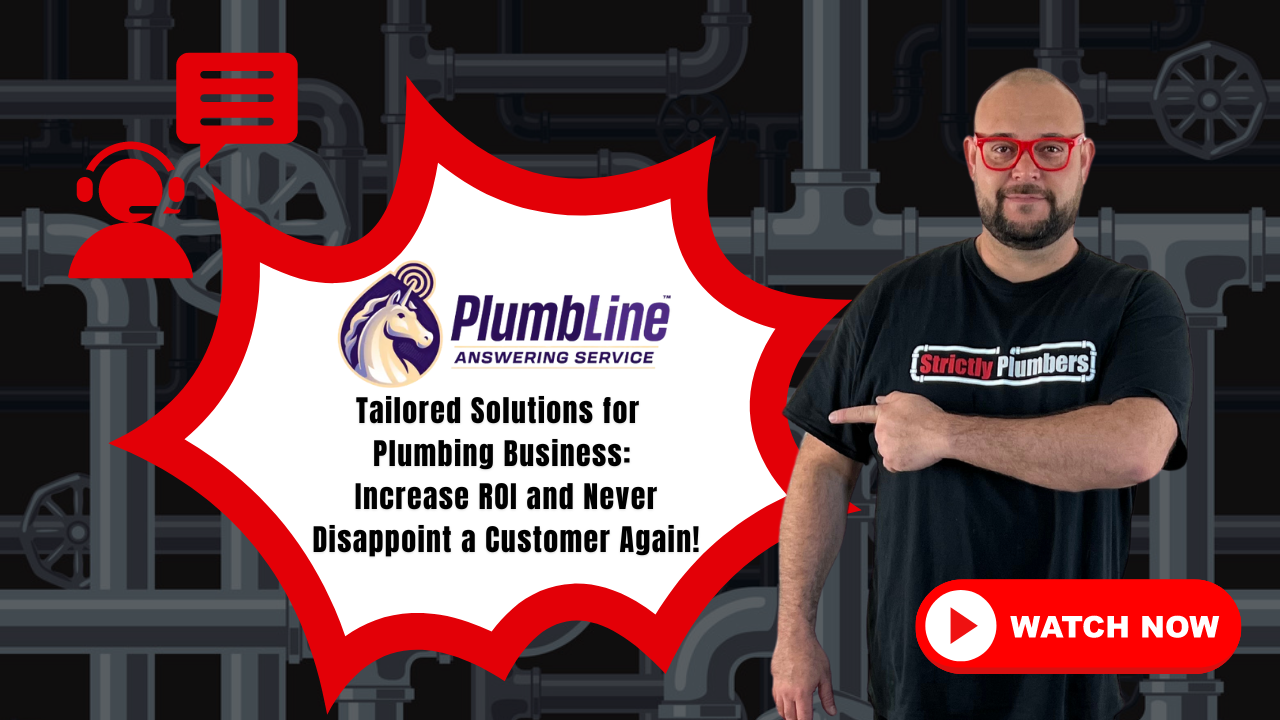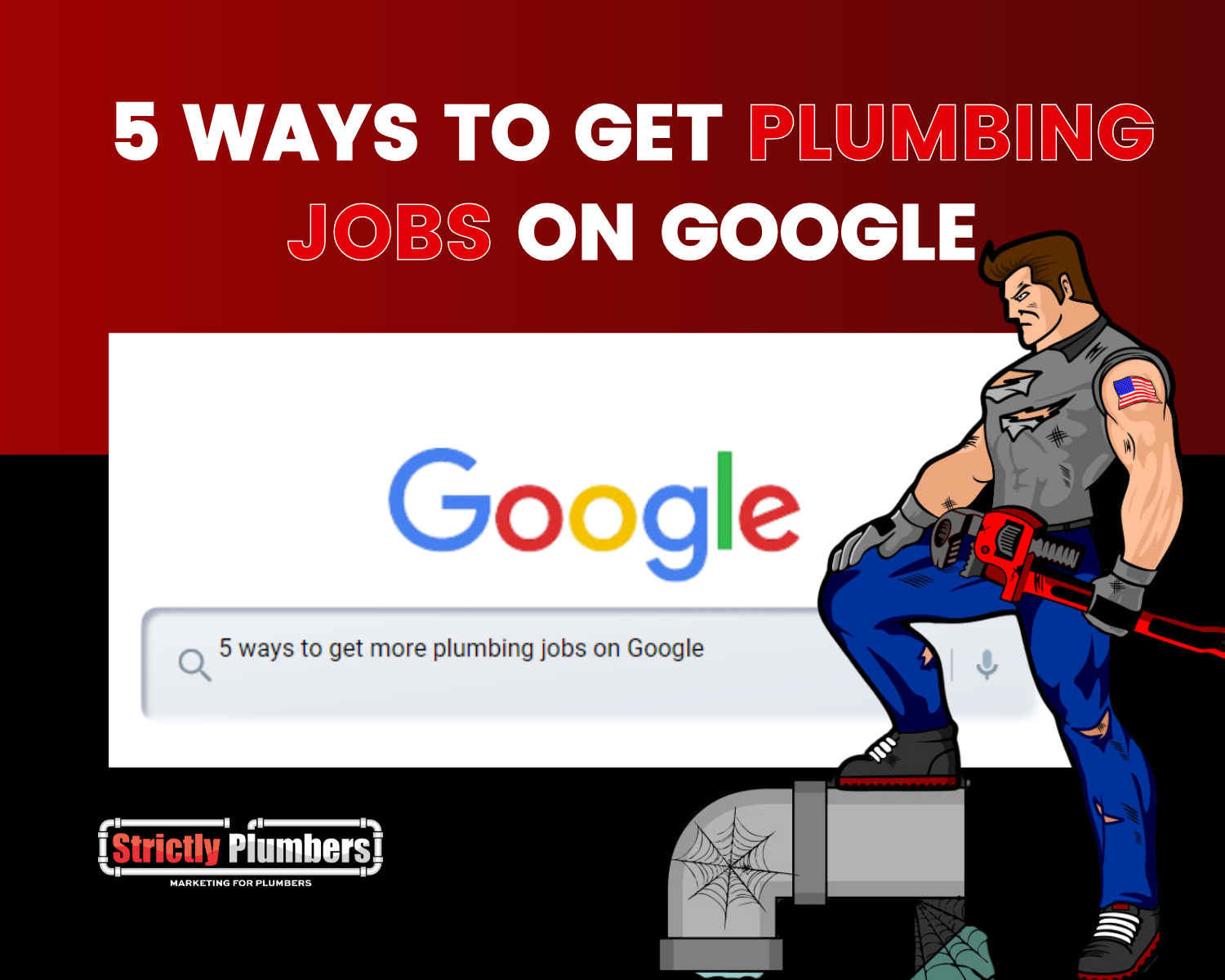Why a Good Web Design is Necessary for Plumbers?
In today's digital age, a strong online presence is crucial for businesses across all industries, and plumbers are no exception. A well-designed plumbing website can make a significant impact on a plumbing business, helping to attract new customers, establish credibility, and generate leads. In this article, we will explore the importance of good web design for plumbers and how it can set them apart from the competition.
1. Creating a Positive First Impression
When potential customers search for plumbing services online, the first interaction they have with a business is often through its website. The design of the website plays a vital role in creating a positive first impression. A visually appealing and professional-looking website immediately instills confidence in visitors and signals that the business is trustworthy and reliable. On the other hand, a poorly designed website may give the impression of unprofessionalism, leading potential customers to quickly move on to a competitor.
2. User-Friendly Experience
A good web design goes beyond aesthetics. It focuses on creating a user-friendly experience that is easy to navigate and understand. A well-organized website with clear headings, intuitive menus, and relevant information helps visitors quickly find the services they need. By providing a seamless browsing experience, plumbers can keep visitors engaged and encourage them to explore further, increasing the chances of converting them into actual customers.
3. Mobile Responsiveness
In today's mobile-driven world, it is essential for a plumbing website to be mobile responsive. With the increasing use of smartphones and tablets, potential customers are accessing websites on various devices and screen sizes. A mobile-responsive website automatically adjusts its layout and content to fit different screens, ensuring a consistent and optimized experience for users. Plumbers who neglect mobile responsiveness risk losing potential customers who expect a seamless browsing experience, regardless of the device they use.
4. Search Engine Optimization (SEO)
A good web design is intimately connected to search engine optimization (SEO). SEO involves various techniques to improve a website's visibility in search engine results. By implementing SEO for plumbers best practices during the design process, plumbers can improve their website's rankings and attract organic traffic. This includes optimizing page load speed, using relevant keywords in headings and content, implementing meta tags, and creating a logical site structure. A website that ranks higher in search results has a better chance of being discovered by potential customers, giving plumbers a competitive advantage.
5. Showcasing Services and Testimonials
A well-designed website provides plumbers with an opportunity to showcase their services and highlight their expertise. Through informative content, high-quality images, and engaging videos, plumbers can demonstrate their skills and differentiate themselves from competitors. Additionally, including testimonials and reviews from satisfied customers adds social proof and builds trust. When visitors see positive feedback from others, they are more likely to choose the plumber for their needs.
6. Generating Leads and Increasing Conversions
A good web design incorporates effective call-to-action elements strategically placed throughout the website. These elements prompt visitors to take the desired action, such as requesting a quote, scheduling an appointment, or contacting the plumber directly. By optimizing these conversion points, plumbers can generate more leads and increase their chances of turning website visitors into paying customers. A well-designed website can guide visitors through the conversion process, making it easy for them to take the next step.
Conclusion
In today's competitive digital landscape, a good web design is no longer a luxury; it is a necessity for plumbers. A visually appealing and user-friendly website helps create a positive first impression, establishes credibility, and sets the stage for business growth. By incorporating SEO techniques, showcasing services, and optimizing for conversions, plumbers can outrank their competition and attract a steady stream of new
customers.
FAQs (Frequently Asked Questions)
Q1: Can't plumbers rely solely on word-of-mouth referrals instead of investing in a website?
A: While word-of-mouth referrals are valuable, having a website expands a plumber's reach and allows them to target a wider audience. A website acts as a 24/7 marketing tool, providing information and generating leads even when recommendations are not actively being made.
Q2: Is it necessary for a small plumbing business to have a professionally designed website?
A: Yes, even small plumbing businesses can benefit greatly from a professionally designed website. A well-designed website portrays professionalism and builds trust, helping small businesses compete with larger plumbing companies.
Q3: What is the role of social media in conjunction with a good web design?
A: Social media platforms can complement a good web design by driving traffic to the website and fostering engagement with potential customers. Integrating social media buttons on the website allows visitors to easily share content and connect with the plumbing business on various platforms.
Q4: How often should a plumber update their website?
A: Regular updates are essential to keep a website fresh and relevant. Plumbers should update their website with new content, such as blog posts or case studies, and ensure that all information, such as contact details and service offerings, is up to date.
Q5: Can a plumber design their own website, or is it better to hire a professional web designer?
A: While it is possible for a plumber to design their own website, hiring a professional web designer offers several advantages. A professional designer has the expertise to create a visually appealing and functional website that aligns with the plumber's brand and business goals.





